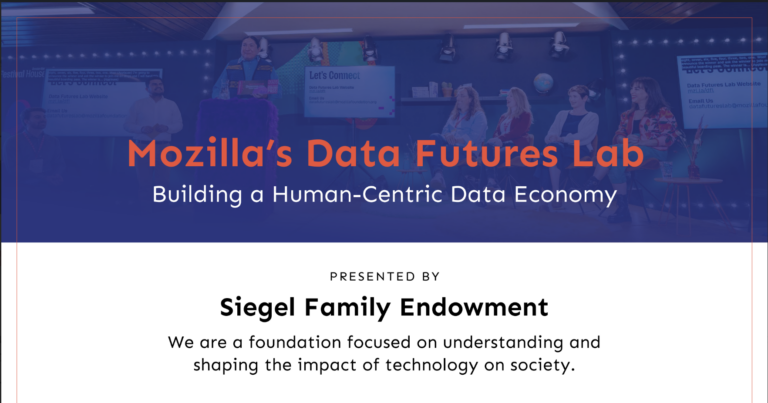Grove Impact and ICIC, with funding from Siegel Family Endowment, release new report demonstrating the economic potential of increasing diversity in real estate development
Report estimates removing constraints facing Black and Hispanic developers could address long standing racial wealth and housing gaps
Today, Grove Impact and the Initiative for a Competitive Inner City (ICIC) released a first-of-its kind report that documents the many constraints Black and Hispanic real estate developers face and demonstrates the enormous economic potential in removing these barriers. Part of Grove’s Obsidian Ecosystem Initiative (OEI) and with funding from Siegel Family Endowment, the report concludes with a series of recommended solutions to increase diversity throughout the industry.
As our country’s racial wealth and housing gaps continue to widen, Breaking the Glass Bottleneck: The Economic Potential of Black and Hispanic Real Estate Developers and the Constraints They Face explores how catalyzing greater diversity in the real estate industry could address long standing inequities, as well as help overcome housing shortages across the nation. Estimating that doing so could create more than 51,000 new Black and Hispanic developers, almost two million new jobs and more than $106 billion in new business revenue, the report outlines how real estate development stakeholders can help remove the constraints that hold Black and Hispanic developers back. New capital strategies are required to break the bottleneck holding back Black and Hispanic developers from reaching the scale necessary to lead large-scale urban housing and design projects.
“There’s a stark representation crisis facing the real estate industry today,” said Derwin Sisnett, Lead Partner at Grove Impact. “With Black and Hispanic developers making up under one percent of the field, it’s no surprise that diverse communities continue to face significant housing challenges. In publishing this report, we hope to demonstrate the tremendous economic benefits of uplifting diverse real estate developers not just for underserved neighborhoods, but for the economy at-large.”
“Our country cannot afford to let the enormous potential of Black and Hispanic developers continue to go to waste,” said Howard Wial, Senior Vice President and Director of Research at ICIC. “And while the industry has a long way to go before it’s truly equitable and inclusive, we are leaving massive opportunities and wealth on the table if we allow this status-quo to prevail any longer. The time is now for new policy, new investment and new efforts by existing firms to unleash the power of diverse developers.”
The report was published with funding from Siegel Family Endowment, a foundation that aims to understand and shape the impact of technology on society and in doing so, enable all people and their communities to achieve economic prosperity. “Real estate is one of the most powerful vehicles for wealth creation today, yet Black and brown communities continue to be vastly underrepresented when it comes to property ownership,” said Katy Knight, Executive Director at Siegel. “By working to remove the many constraints facing developers of color, we can unlock a new generation of real estate professionals with the proximate experience needed to finally bridge racial wealth and housing gaps, while also spurring economic activity that boosts the entire country.”
Visit reports.groveimpact.org/breaking-the-glass-bottleneck to read the report.
##
About Grove Impact
A social-impact consulting group, Grove draws on its teams of experienced social entrepreneurs to help CEOs accelerate their sector-changing ideas. Comprised of social change pioneers recognized nationally across the fields of community development, education, workforce, postsecondary, health and housing, Grove identifies solutions with the potential for systems changing impact and provides the strategic capacity to bring them to life.
About Initiative for a Competitive Inner City (ICIC)
Initiative for a Competitive Inner City (ICIC) was founded by renowned Harvard Business School Professor Michael Porter in 1994 as a research and strategy organization that today is widely recognized as the preeminent authority on the economies of under-resourced communities. ICIC drives inclusive economic prosperity in under-resourced communities through innovative research and programs to create jobs, income, and wealth for local residents. @icicorg





